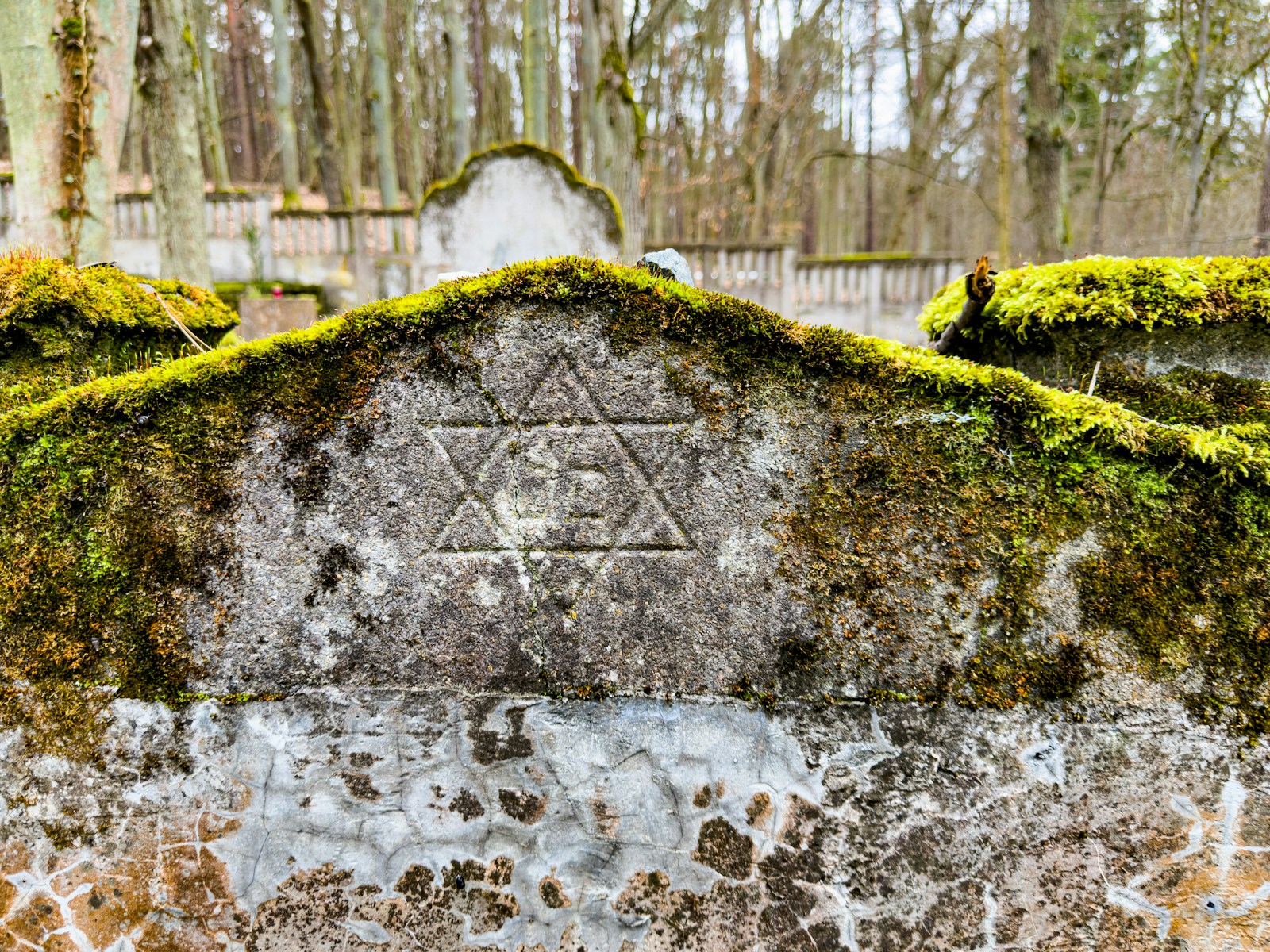
Photograph by Marek Studzinski via Unsplash
In ‘A Real Pain,’ everybody suffers
December 5, 2024
“A Real Pain” hit theaters in November with an intriguing premise. The film follows two Jewish cousins, united by their family connection to their grandmother, who survived the Holocaust because of “a thousand miracles.” To honor her memory, they embark on a tour of Poland, visiting Warsaw, Lublin, the Majdanek concentration camp, and, finally, their grandmother’s last home in the country. While the setting for the movie is perhaps unique, the movie turns time and time again to one of the most basic questions of human existence: what do we do with suffering?
The two cousins could not be more different. Benji is carefree and easygoing, easily lighting up a room, but he can be chaotic and blunt, often hurting people through his actions. And yet, people are drawn to him time and time again. David is full of anxiety, constantly taking pills to address his OCD. He appears as an outsider in the group that is assembled for the tour, even though he apologizes for Benji’s behavior and tries to smooth over his social miscues. He is clearly pained by the lack of engagement that the group shows him and the fact that his cousin steals the limelight.
The movie seems to dwell mostly on their pain. David says that he both loves and hates his cousin and “wants to be him,” even though his life is much more stable and he would not trade it. Benji attempted suicide after the death of their grandmother and now “lives in a basement.” He is clearly struggling during the trip, with frequent emotional outbursts and a thousand-yard stare that demonstrates that even though he is physically present, his mind is elsewhere.
There is one movie that stands out as an apt comparison to “A Real Pain”: “Everything is Illuminated.” That movie also follows an American Jewish man, Jonathan, on a trip to Eastern Europe to discover his roots. While it does not focus on a concentration camp, it does not flinch from showing the horrors of antisemitism and the brutal way that the Nazis carried out their campaign of extermination. It does so with deft storytelling, focusing on the ways that antisemitism plays out today, as one of the main characters winds up being a Jewish survivor who has hidden his identity for decades. It also lingers on the relationships between Jonathan and his Ukrainian guides and the locals.
“A Real Pain” isn’t an in-depth analysis of the Holocaust. Rather, it is a character study that points to a central fact that we all know – to be human is to suffer, and that suffering can be great or small.
This stands in sharp contrast to “A Real Pain,” which mainly focuses on the tour group, features only one interaction with a Pole (something that Benji points out as a criticism of the tour), and makes the Holocaust a background setting but does not truly wrestle with it or the existence of antisemitism in depth. Indeed, the only accusation of antisemitism comes from Benji, who sarcastically accuses Jewish restaurant owners of being antisemites.
From what I can tell, this is mainly because the “real pain” at the center of the film has to do with the present – the suffering of the characters in real time, as well as their intergenerational trauma of the Shoah. It does so in order to posit that suffering is something that everyone experiences. Perhaps it even goes further, suggesting that while the Holocaust is perhaps the example of suffering par excellence, the smaller sufferings of the characters – social, psychological, and marital – are nevertheless deserving of our attention.
This focus on the tour group mirrors broader questions about what purpose tours of concentration camps serve. Is it to bear witness to the atrocities? To generate a better understanding of human rights in order to prevent another genocide? Is it a time of deep personal growth and reflection? Without a doubt, many Jewish participants in such experiences do so because of their family connections to the genocide, just as the film suggests, but the reasons for going and the outcomes of such a tour are not a given. They are myriad and the movie does an excellent job of portraying this reality.
This makes the movie small in comparison to “Everything Is Illuminated.” That is not necessarily a bad thing, but it does render the movie a bit driftless at times. What is its point? It certainly isn’t an in-depth analysis of the Holocaust. Rather, it is a character study that points to a central fact that we all know – to be human is to suffer, and that suffering can be great or small.
Rev. Dr. Michael Woolf is senior minister, Lake Street Church of Evanston, Illinois. He currently serves as the Co-Associate Regional Minister with the American Baptist Churches Metro Chicago. His book, published in 2023 by T&T Clark, is titled “Sanctuary and Subjectivity: Thinking Theologically about Whiteness and Sanctuary Movements.”
The views expressed are those of the author and not necessarily those of American Baptist Home Mission Societies.


